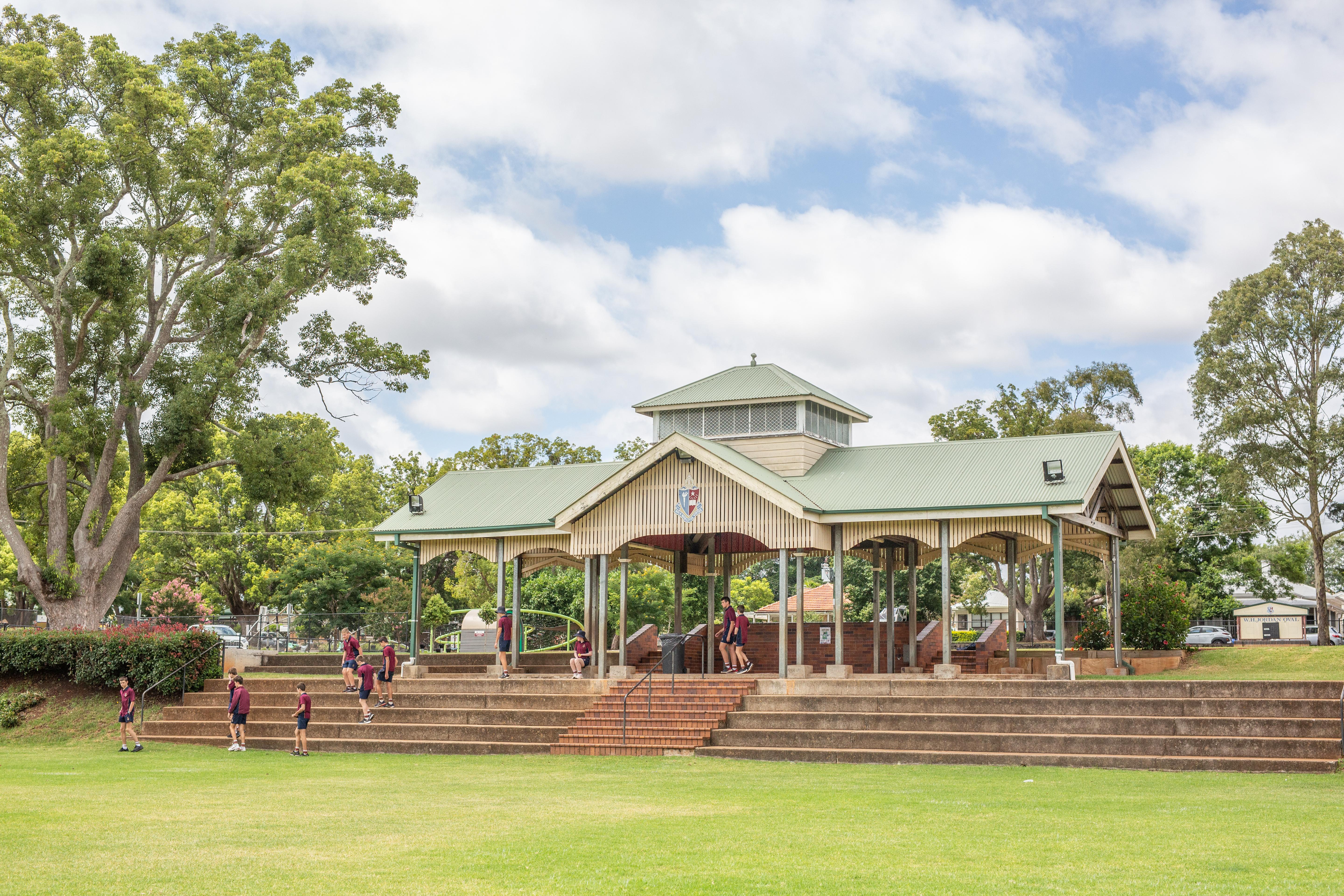
1 minute read
Strategic Pillars
Student Wellbeing:
At Toowoomba Anglican School our aim is each student is known, known for who they are and who they wish to become as a person.
Teaching and Learning:
At Toowoomba Anglican School students engage in an innovative and holistic curriculum.
Pillar 1. Student Wellbeing
Strategy
At Toowoomba Anglican School our aim is each student is known, known for who they are and who they wish to become as a person.
EVIDENCE OF A SUCCESSFUL PILLAR
• Students feel welcomed, accepted and supported.
• Students feel comfortable approaching staff and other students.
• Students feel emotionally and physically safe.
• Students know who they can speak to when issues arise.
• Students are willing and open to helping each other.
• Concerns and feedback is responded to appropriately.
• Teachers are approachable and supportive.
Sport, Arts and Extra-Curricular:
To foster participation in a wide range of extra-curricular pursuits including sport, performing arts, culture and service.
Community, Faith & Service:
Toowoomba Anglican School is a community of faith and service. Toowoomba Anglican School strives to be a welcoming, accessible, vibrant, family-oriented community-minded school.
Staff and Culture:
Toowoomba Anglican School values people as the most important contributor to our organisation.
Financial, Capital Works:
Toowoomba Anglican School is a financially sustainable business which provides outstanding facilities and infrastructure for its community.
Governance:
Toowoomba Anglican School is known for its active and transparent governance, active external relationships and culture of risk management and compliance.
• School attendance rates are high.
ACTIONS
1. Child protection and safety is paramount in all aspects of our school life.
2. Continue to develop a school where ‘Every child is known’ remains fundamental to all aspects of school life.
3. Continue to provide the best practice in health care for both day and boarding students.
4. Continue to develop a robust and relevant pastoral curriculum that addresses the agespecific needs of students.
5. Provide opportunities for feedback on the current strengths and ongoing successes of the wellbeing and residential life program.
6. Maintain a shared understanding of the wellbeing of students working in partnership with parents and care givers.
7. Provide age-specific wellbeing programs for our student population.
8. Create specific learning spaces within the boarding and learning environments for both Primary and Secondary students.
9. Continue to build lasting relationships and connections with our families and communities.
10. Continue partnerships with leading providers of pastoral care to compliment the school curriculum.
11. To continue to develop the best practice staffing model to support student wellbeing.
12. Respond appropriately to wellbeing concerns raised.
13. Continued professional development for staff on student wellbeing.






